From the “Pilot Training Manual for the P-38 Lightning”:
BAILOUT
Many stories have been circulated that you can’t successfully bail out of the P-38. Rumor had it that you wouldn’t have a chance of missing the horizontal stabilizer, and twin booms and rudders. Actual experience has disproven these stories. In spite of the hangar talk that crops up from time to time, it is no more difficult to bail out of a P-38 than any present-day fighter.
Before you bail out, if you have the time, make the necessary radio calls as outlined in Emergency Radio Procedures. If you bail out over water or unpopulated territory, your best chance for rescue lies in correct and speedy radio procedure before you abandon your airplane.
The method of leaving the plane is largely dependent on your altitude, attitude, and airspeed. The final decision on how to get out rests with you. Here are three recommended and accepted procedures for bailing out.
Over the trailing edge of the wing
1. Head towards an unpopulated area and disconnect oxygen tube and radio equipment.
2. Slow the plane down as much as possible.
3. Roll down the left window and release the canopy.
4. Release your safety belt and slide out head first off the trailing edge of the wing. Never stand up or jump!
YOU WILL CLEAR THE HORIZONTAL STABILIZER.
Roll the plane over and drop out
1. Disconnect oxygen tube and radio equipment.
2. Roll elevator trim tab forward while holding plane level. (This will keep the nose of the plane up while you are on your back.)
3. Release the canopy and roll the plane over on its back.
4. Unhook your safety belt and drop out.
Unless you are very low to the ground, keep your hand off the ripcord when leaving the plane. If you hold the ripcord handle as you bail out, the slipstream jerks your arm and the chute opens before you are clear of the plane.
Sucked out at high speed
If your P-38 is out of control and traveling at a high airspeed, disconnect the oxygen tube and radio equipment, unhook your safety belt, and then release the canopy.
When the canopy is released, the vacuum created in the cockpit sucks you out of the seat and carries you clear of the plane.
If you feel conditions warrant leaving your plane and you have made up your mind to jump, decide which is the best way to get out, and then go.

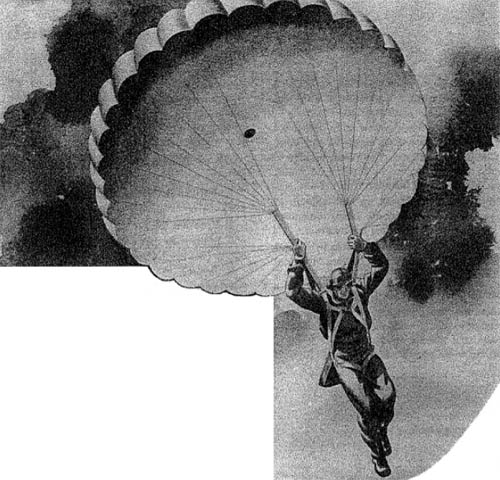
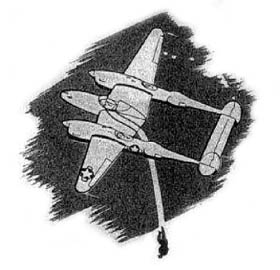
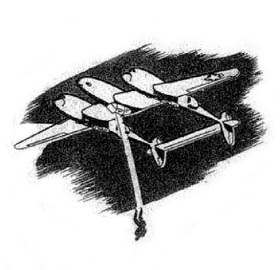
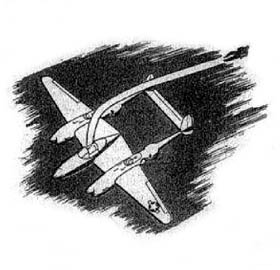
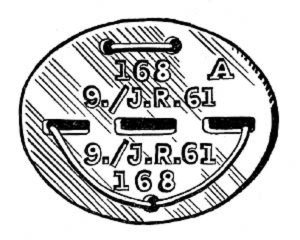

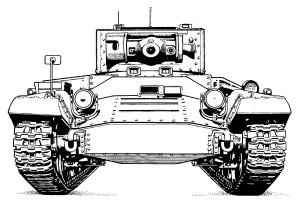
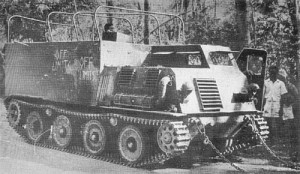
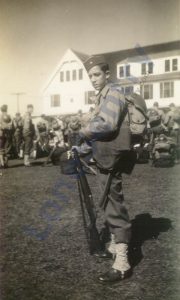

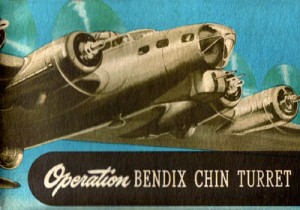
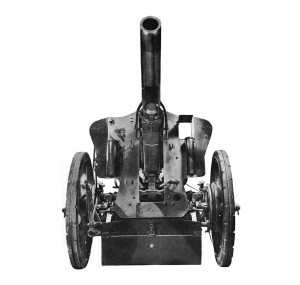

Fascinating article.
I don’t think that the “vacuum” created when you jettison the canopy as shown in illustration 3 is going to suck you anywhere near as far out of the aircraft as shown, which makes it look like the pilot has an ejection seat.
I get a sneaking suspicion that anyone who could used the second technique – inverting the aircraft and falling out to make sure they cleared the tail.
Could the suction really suck the pilot out of the seat and clear of the plane? That is the first I had heard of such a thing.
Great post. Thanks!
Thank you ever so for you blog article.
Fascinating article.
The military told it’s members lots of things to boost confidence and alleviate fear.
Not all of them are true.
If the first and third techniques are both true, then there is some range of airspeed between going really slow and going out of control fast where you will hit the horizontal stabilizer.
What a rush! Flying combat aircraft at night, snug as a bug in a rug in your cockpit, heater going, panel lights on, chatter from your wingmen, guns cocked and loaded. Danger near.